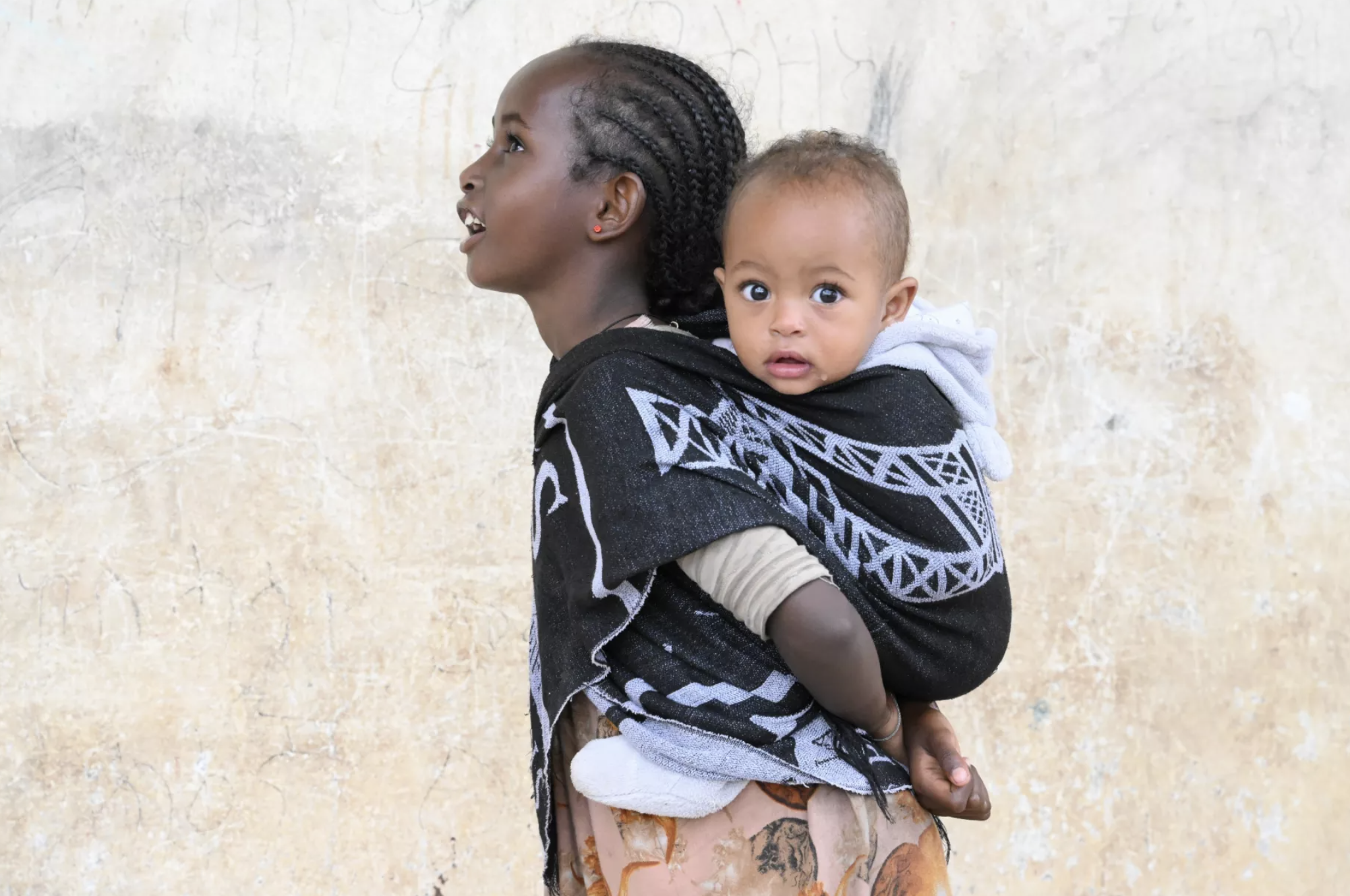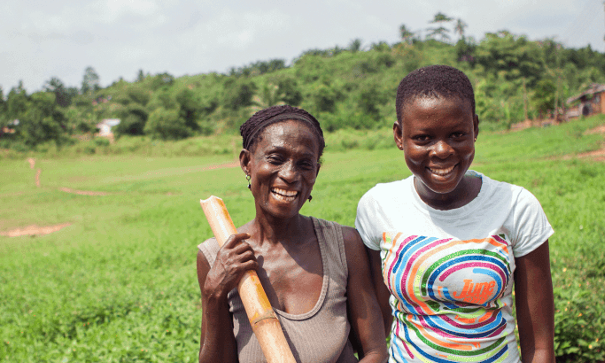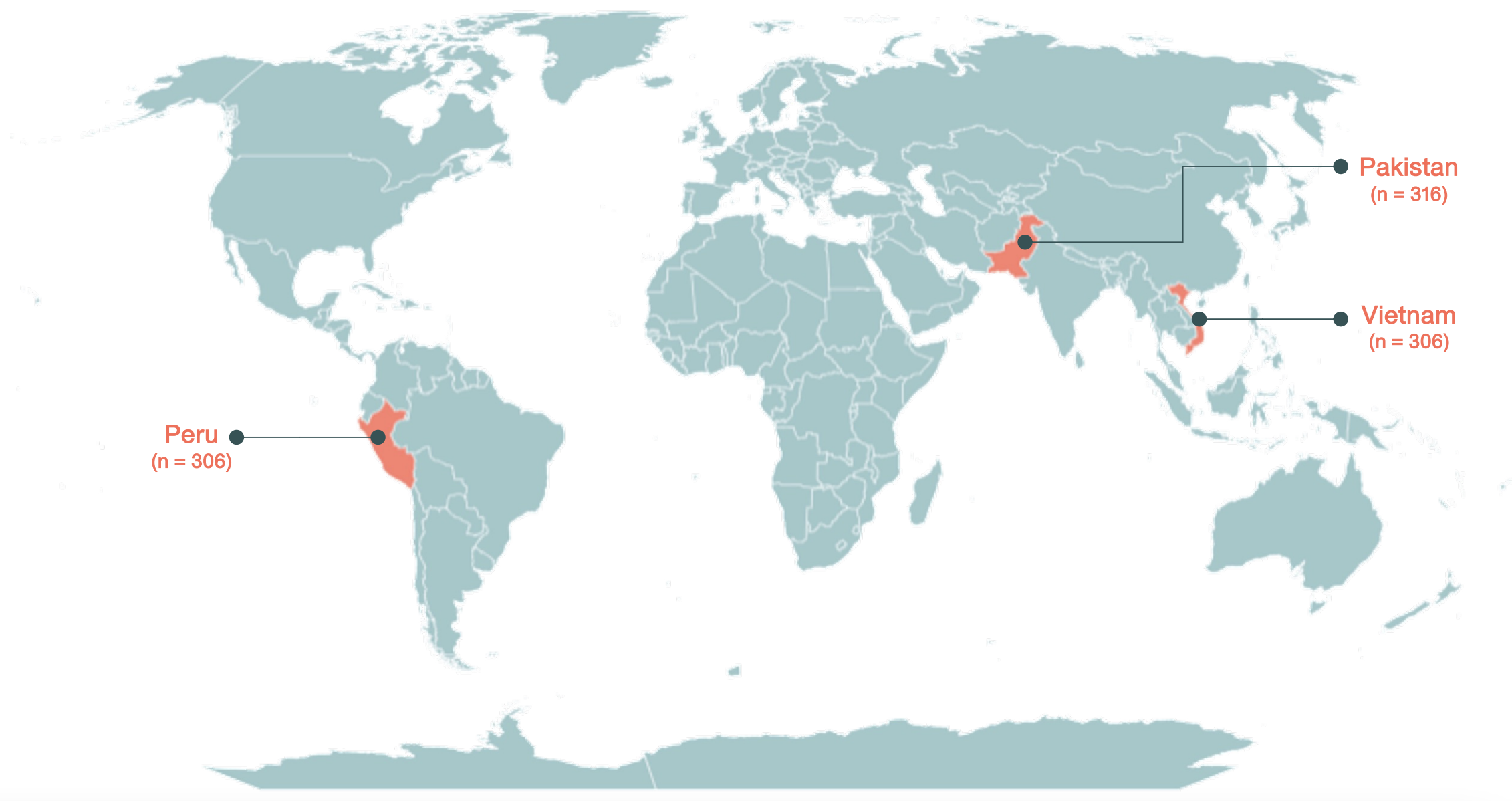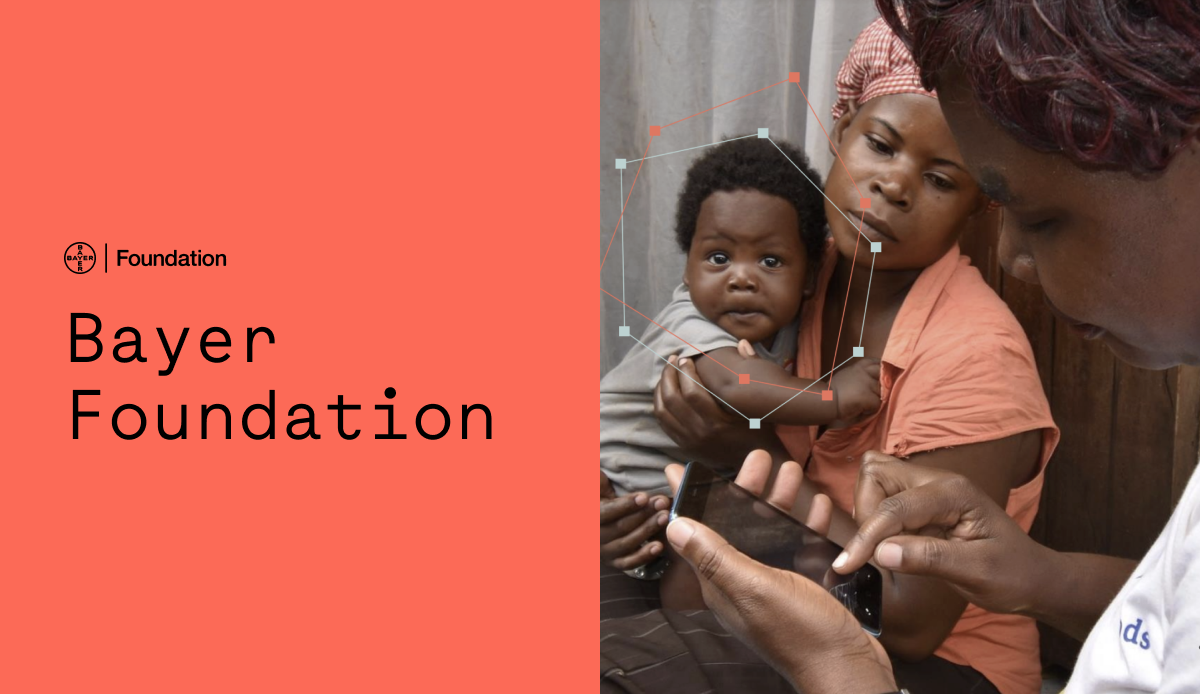

VisionFund FAST Aggregate Results
VisionFund partnered with 60 Decibels to conduct a comprehensive impact evaluation of their Finance Accelerating Savings Group Transformation (FAST) program. FAST is a savings group lending initiative operating across several countries in Sub-Saharan Africa. Building on initial pilot studies in Malawi in 2021, this multi-year partnership spans 2022-2024 and aims to understand how cashbox loans drive change through three key pillars: developing income generating activities, building resilience to shocks, and enhancing women’s empowerment and self-efficacy. The evaluation specifically examines whether the program is:
- Reaching the financially excluded, rural poor
- Primarily targeting women
- Ensuring loans support income generating activities
- Increasing household income
- Improving quality of life for families, especially children
69%
45
86%
Key Insights
Across 2022-2024, we conducted initial and follow-up studies in 8 countries with VisionFund’s FAST program members. Here’s what we found:
VisionFund FAST program is driving financial stability and improving household well-being
The cashbox loan is positively impacting the quality of life for savings group members, with 93% reporting significant improvements. This impact is largely driven by business growth and increased investments, which have strengthened financial stability. Additionally, 94% of members reported a significant improvement in their ability to support children and dependents, particularly in affording school fees and education. Beyond household well-being, the loan has also contributed to better financial habits, with 77% of members reporting an increase in their savings balances. Members have also experienced a positive change in their financial situations since the initial study, with a significant drop in financial stress levels and increase in ability to save. This highlights VisionFund FAST Program’s role in driving both household and individual level outcomes.
VisionFund FAST program has strengthened members’ financial resilience, particularly in their ability to handle unexpected shocks
9 in 10 members say their ability to come up with funds in case of an emergency has improved due to the cashbox loan. Nearly half (49%) say they could manage their living expenses for three months or more in the event of major income loss, an improvement since the initial study (41%).
Similarly, nearly half (47%) report they wouldn’t need to rely on any coping mechanisms during a financial shock, while 33% say they would fall back on their savings, which are both signs of increased financial preparedness. Only 30% of members say they are likely to stop saving during a financial crisis, while majority of report they would continue saving even during a crisis. Additionally, over 2 in 5 members report that they have successfully achieved the goals they set when taking the loan.
This suggests that the cashbox loan has promoted financial discipline among members, given them better control over their finances, and strengthened their capacity to weather financial challenges.
The program has been a catalyst for business growth and has strengthened members’ financial independence
Cashbox loan is helping members strengthen their businesses and gain better financial control, with 82% using the loan for business expenses and 80% relying on their business as their primary income source. Most members (79%) took the loan to grow an existing business, while 20% used it to start a new one. Stronger business performance is also driving increased savings, with many members linking their ability to save more directly to improved business outcomes.
Beyond financial gains, business revenue is playing a key role in household well-being. Among those who reported an increased ability to support their children, 61% are using business earnings or profits, while 33% rely on both business revenue and loan funds. This highlights how the cashbox loan is driving business growth, enhancing financial independence, and contributing to greater household stability.


